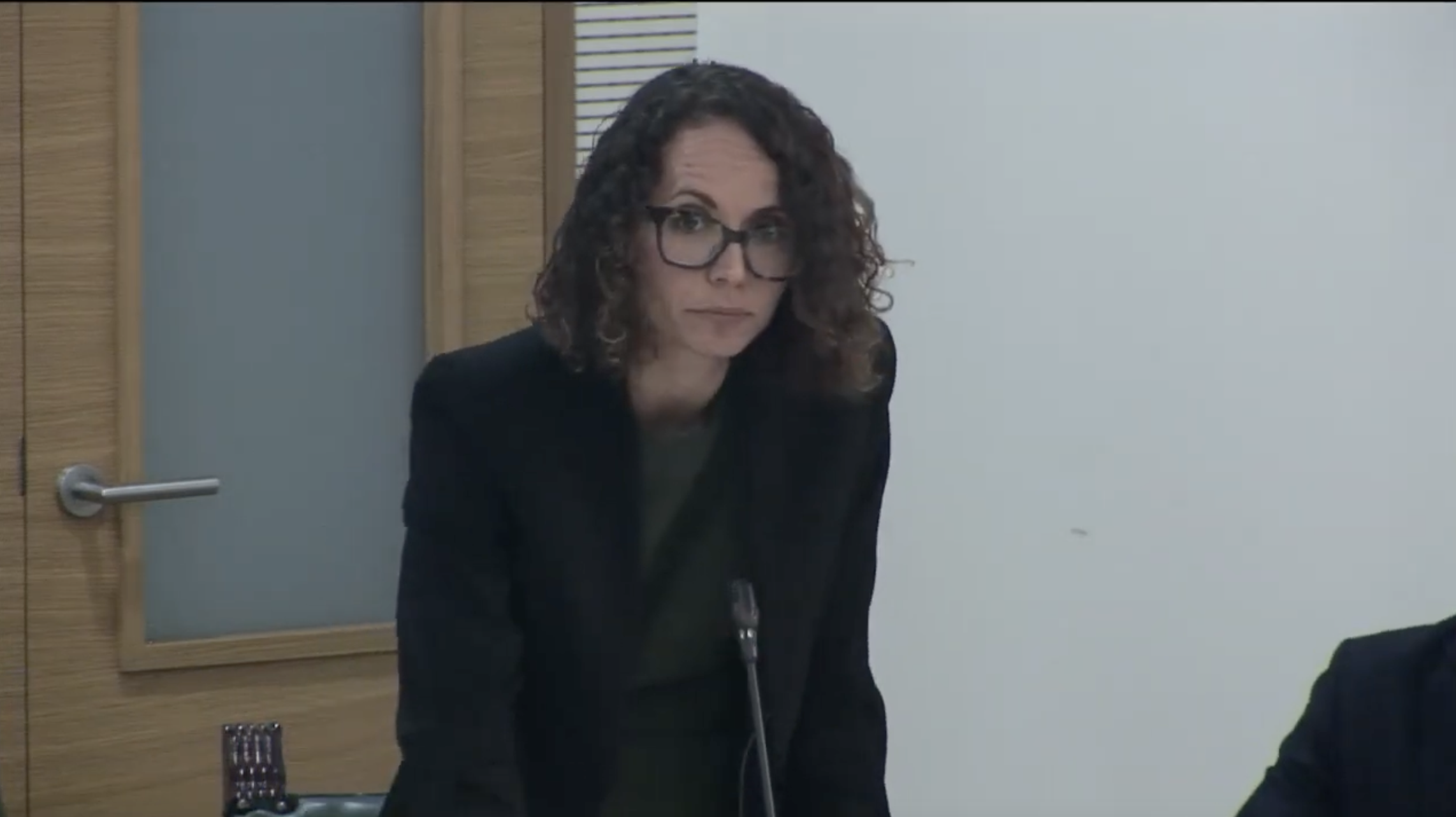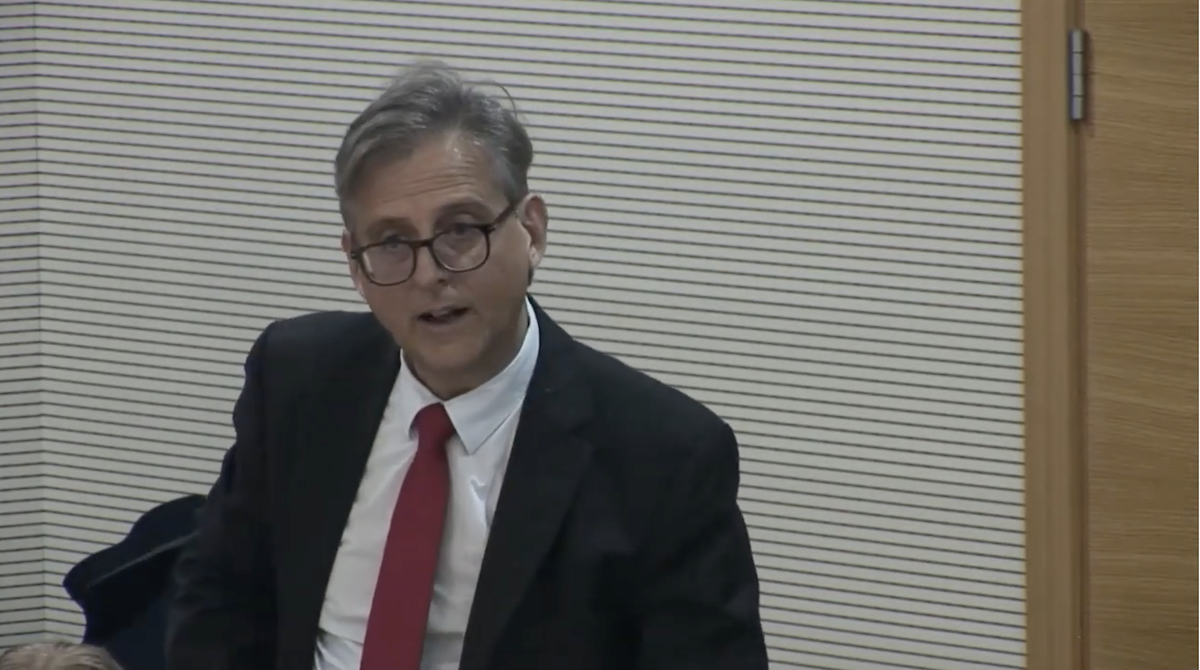The Royal Gibraltar Police is exploring the possibility of recruiting serving UK constables to fill gaps in its complement.
The RGP has a full uniformed complement of some 258 officers but is currently operating below that due to a variety of factors, ranging from retirements, leave and sickness to interdictions arising from ongoing investigations.
The force is currently recruiting 12 new officers and also has a new intake of 16 recruits undergoing basic training, but it will take some time before they are on the beat and able to help carry the strain.
A process of bolstering the force’s civilian personnel is also under way and will in time release uniformed officers from desk jobs, but again, the process is slow.
The prospect of turning to UK forces for potential recruits was raised in the Gibraltar Parliament this week as Joelle Ladislaus, the GSD MP who shadows the justice portfolio, tabled questions on the RGP’s complement.

Parliament was told, for example, that of the complement of 14 police inspectors, two were off on sick leave and one had been interdicted.
That shortfall was being covered by the remaining inspectors and by sergeants taking on the role on an acting basis, with constables filling the shortfall in the sergeants’ ranks on the same basis.
Ultimately, the pressure is being felt most by the force’s complement of constables, with Ms Ladislaus pressing for clarity on what steps were being put in place to mitigate “the shortfall that is clearly occurring within the RGP”.
Parliament also heard there were nine RGP officers currently interdicted, including three sergeants and five constables as well as the inspector.
Justice Minister Nigel Feetham said the Gibraltar Government had agreed that the RGP should not fall below its complement level.
Additionally, “…in the new financial year [the RGP] will be allowed to recruit above the complement level to maintain resilience,” Mr Feetham said.
Being able to recruit a number of officers above the agreed complement, a model used in other small jurisdictions such as the Isle of Man, would ensure the RGP never faces a shortfall through illness or retirement.
But that still leaves a challenge in the short term.
During the exchange in Parliament, Ms Ladislaus asked whether police officers, “...particularly in terms of the more senior officers, could be covered by bringing in officers from other constabularies?”

“Absolutely,” Mr Feetham replied.
“In fact, in my last meeting with the Commissioner of Police, we discussed this very precise subject and I'm pleased to report to this House that the Commissioner has identified a number of potential recruits from the United Kingdom at a level that will allow for the replacement of gaps and shortage within the police force.”
Asked by the Chronicle for further details on what is being explored, a spokesperson for the RGP confirmed that, even with the 16 recruits nearing the end of the training school and the 12 recruits about to start, the force still had “some unfilled positions”.
“Clearly, our aim would be to fill any vacant inspector posts with sergeants and then fill the unfilled sergeant posts with constables,” the spokesperson said.
“This would leave the unfilled posts at the rank of constable.”
“We have been exploring the possibility of recruiting a few serving constables from UK police forces.”
“However, there are several important issues to be considered, for example housing, children’s schooling and, especially, the constables’ re-training, as Gibraltar laws are not identical to those in UK.”
“However, we are aware of a small number of constables who have already shown an interest in relocating to the Rock.”
The latest statements come after the Commissioner of Police, Richard Ullger, said in an interview with the Chronicle last July that the force was facing “unsustainable” strain as it juggled resources to meet diverse responsibilities, ranging from counter terrorism and tackling financial crime to traffic and community policing.
Mr Ullger highlighted challenges in attracting new recruits to the force, especially from Gibraltar, due the stressful nature of police work in a small community coupled to the fact that young people often find employment in alternative areas of public service more attractive.
The wider context to the present situation has its roots in the inspections conducted by His Majesty’s Inspectorate of Constabulary, Fire and Rescue Services [HMICFRS] since 2016, which resulted in numerous recommendations for the RGP.
In practical terms, tackling the issues raised by the UK inspectors often meant additional work, including the creation of new departments focused on issues such as domestic abuse, victim support and professional standards.
The last report from HMICFRS in November 2022 signalled substantial progress by the RGP in addressing outstanding recommendations, but also created extra areas of policing that the RGP needs to concentrate on.
“We've got an incredible workforce who are arresting offenders, who are taking people to justice and getting some incredibly good results in the courts,” Mr Ullger said at the time.
“Those are the things that really make me want to come to work every day, because we've got incredible people.”
“But there are things that we need to be addressing to make sure we resolve the deficit that we've got in resilience.”